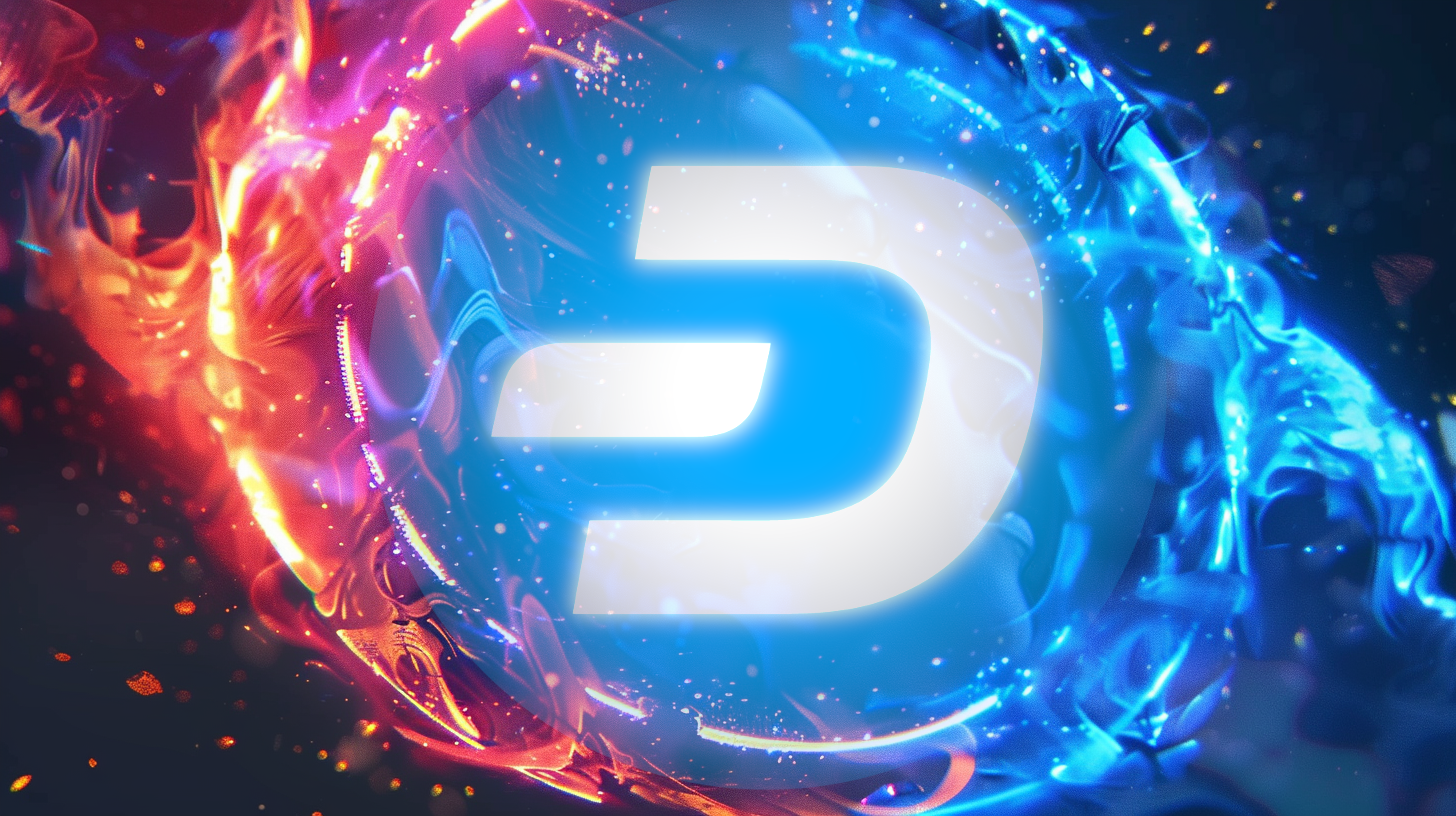We have to face facts: almost no one uses crypto as money. The percentage of global payments that are conducted with decentralized rails is still tiny.
Sometimes, the simplest things are the hardest. And that’s the story of digital cash.
Satoshi Nakamoto’s legendary invention of peer-to-peer electronic cash, from whitepaper to implementation, got so many things elegantly right about building the financial system of the future. A digital money that was simple in its construction, self-sustaining, and, more importantly, just worked. The fact that 15 years of innovation and development later and Bitcoin and its children are still a powerhouse in the crypto markets says something powerful about the strength of this original design.
But we also have to face facts: almost no one uses crypto as money. The percentage of global payments that are conducted with decentralized rails is still tiny. Your neighborhood store probably doesn’t take crypto. And most of the space from Ethereum on has focused on solving other problems before money was even fully solved. Even Bitcoin itself (and Litecoin, and Dogecoin) got caught up in tokens and NFTs recently, again, before the first-ever use case for the entire crypto industry has even moderately been solved.
Why? Well. It’s hard to get decentralized money and payments right. Like, REALLY hard.
Why Crypto Isn't Used Today
I’m one of the very few who actually uses cryptocurrency in my daily life. I have for over a decade. In 2015 I stopped being paid in fiat currency completely, and the following year I closed my bank, still living this way to this day. But as the incomparable Kenn Bosak (who also lives a similar life) once told me, “We’re the beta testers of money. It sucks.” We’re the few crazy ones who are willing to deal with all the bumps along the road to our decentralized money future.
I started living all on crypto in 2015. Bitcoin worked well enough, until the blocks filled up. Then I largely switch to Dash, which had solved a few key other things in addition to scaling and the low fees that come from it: instant transactions, privacy, and high network security, as well as the long-term stability that comes from a decentralized voting and self-funding mechanism. I’ve mainly used Dash as my money since late 2016 up until the present day. But still, something has always been missing.
The crypto-native few have just accepted the limitations digital cash and dealt with them, but the rest of the world hasn’t. No one else is seriously going to deal with copying and pasting address, forgetting what a payment was for or the agreed upon amount, and countless other tiny data points surrounding the way we communicate value to each other. No project has satisfactorily solved this yet. There are many different blockchain username setups, many different attempts at making decentralized money work, but clearly, none of them have worked yet.
We’ve seen the crypto space hit this problem like a brick wall. Capital, development, and users have scattered in a thousand different directions: decentralized finance, yield, digital collectibles, large file data storage, applications, AI, just about everything except Satoshi’s original mission. And yes, we have seen a lot of improvements to the tech that can make our money systems work better: zero-knowledge privacy, network security, mass scalability without sacrificing decentralization, more usable wallet recovery systems, stablecoins (both as a currency and as a back-end accounting system), and more. But still, almost no one lives on crypto.
The Evolution Vision
None of this is new. In fact, in 2015 Dash’s founder, Evan Duffield, laid out a vision, Evolution, to fix all these problems. The development team sketched up some plans and went to work. Then year after year went by, and still no Evolution. The story of this saga is one for another day, but finally, this year, we have a light at the end of the tunnel. We have a team confident that they have solved the missing pieces of digital cash, and who finally have something to release. So what is it?
Evolution is a revolutionary new data contract platform, decentralized data storage solution, and new blockchain that’s interconnected with the legacy Dash network. It’s a framework for building decentralized applications in a new and streamlined way, the first of which solve the biggest headaches of using crypto: decentralized identities, usernames, and contact lists. With this groundwork, we can easily build invoicing, confidential payment details, and all kind of other payment applications, with all the data owned by the end user and accessible without centralized third parties. But it doesn’t just stop with the evolution of money. You could build merchant maps, accounting systems, social media applications, and much much more, all based on a new decentralized data storage and access system.
Based on what I’ve seen so far, I believe we’re finally at the stage where we have the tools for digital cash to go mainstream. After the Evolution release, we’ll finally be able to fill in the last preconditions for everyone using crypto as cash. And hopefully, we should be able to extend the functionality to blockchains beyond Dash.
So simple yet so elusive, peer-to-peer electronic cash is the original purpose for cryptocurrency. It’s been really, really hard to get right, but I believe it finally can be solved. And I believe that, the same as in 2009 when Bitcoin came to life, it’s still the single most important use case in the blockchain industry.
As a great man once said:
“If you don't believe me or don't get it, I don't have time to try to convince you, sorry.”
-
Joël Valenzuela works in business development and marketing for Dash. A cryptocurrency user and advocate since 2013, he has been living entirely on crypto since 2015. He is a mover for the Free State Project and creates content for Digital Cash Network.






Comments ()